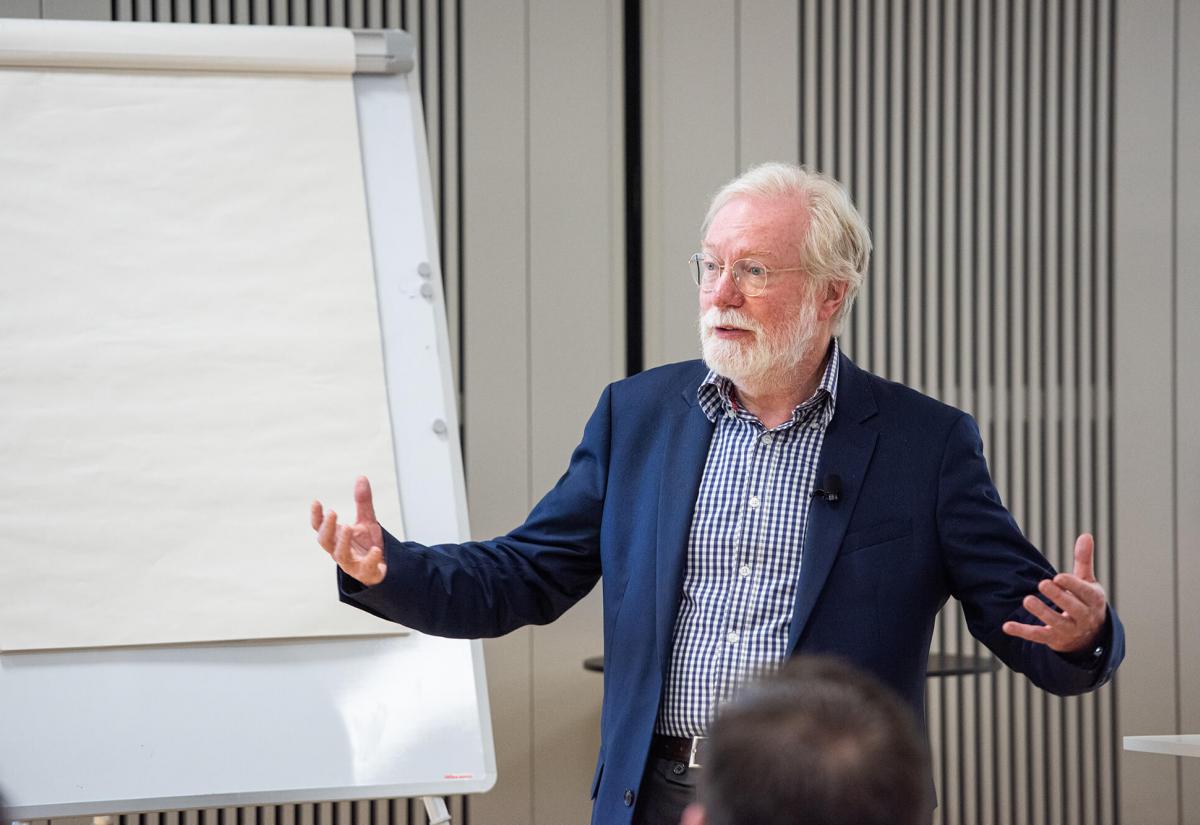The British civil service is to be nurtured and cherished, says Ngaire Woods in a recent interview with Civil Service World. She was talking to the editor, Matt Ross, and explaining some of the pros and cons of the British permanent civil service model, while also considering some of the challenges it must address.
Averting financial crises, stimulating growth and creating more responsive, adaptable public services are three big challenges for governments outlined by Woods. Or, in her own words: “How to get it right and be competent; how to be accountable and stay honest; and how to be responsive and well-informed.” Does the UK have the right systems and processes to address these challenges?
Like all civil services ours has made big mistakes as it struggles to address the fast-evolving challenges of an ever more globalised world, Woods explains. But it benefits greatly from its institutional memory, its ability to learn from experience (or, 'stand on the shoulders of giants') because it has some degree of permanence while political leadership may change with each new election cycle.
As she moves on to talk about public and private sector collaboration and how it is difficult – but vital – to make that interface work, she discusses the role of academia. “It’s about time that academia began offering governments a bit more practical help in addressing the huge challenges they face,” she says. She calls for a renewed commitment to bring the ideas generation phase together with the implementation stage.
“So that’s one of the ambitions of the [Blavatnik] School over the next few years,” she explains. “To think about how you bring those two things together to do research which can really help policymakers understand what happens to the political and economic sustainability of a policy once it’s being implemented, and how that knowledge affects the way you frame the issue and the solutions.”



